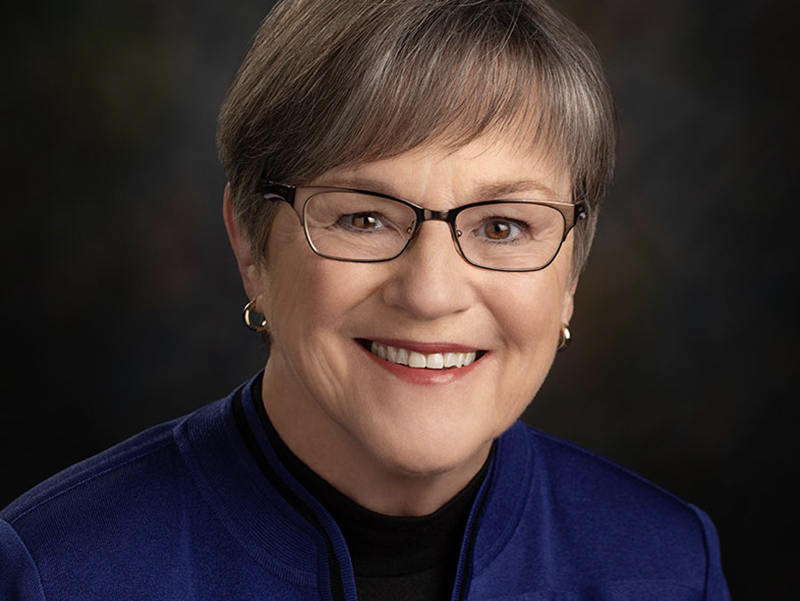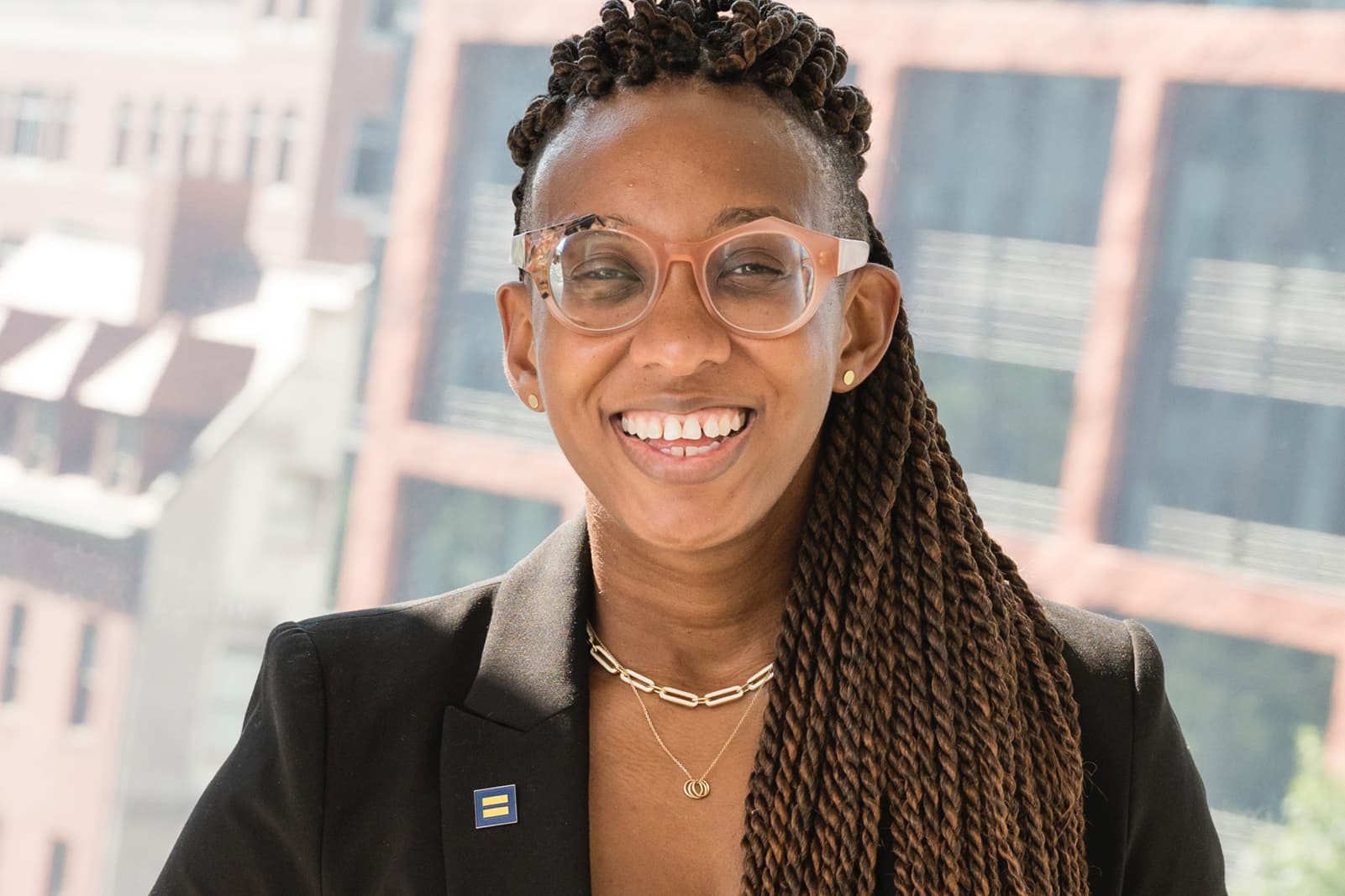LGBT groups file consumer fraud complaint against conversion therapists
FTC complaint targets Virginia-based group claiming it can change "unwanted same-sex attraction"

A coalition of LGBT groups has filed a historic federal consumer fraud complaint against a Virginia-based organization that claims that its therapists and counselors can change an individual’s sexual orientation or gender identity
The National Center for Lesbian Rights (NCLR), the Human Rights Campaign (HRC) and the Southern Poverty Law Center (SPLC) filed a complaint with the Federal Trade Commission (FTC) against People Can Change, a Ruckersville, Va.-based organization focused on helping LGBT people overcome what it calls “unwanted same-sex attraction.”
In their complaint, the LGBT groups outline what they see as “unfair, deceptive and fraudulent practices” and attack the scientific basis of People Can Change’s claims of what conversion therapy can accomplish. The groups allege that People Can Change’s claims that they can change a person’s sexual orientation or gender identity violate Section 5 of the FTC Act, which explicitly prohibits such “unfair or deceptive acts or practices in or affecting commerce.” The complaint also asks that the FTC take action to stop the organization’s deceptive advertising, marketing and other business practices, including through its website, brochures, videos, social media, emails or other advertisements or promotional materials.
“Today, after decades of advocacy, the voices of conversion therapy survivors have carried all the way up to the highest levels of government,” Samantha Ames, an NCLR staff attorney and campaign coordinator of #BornPerfect, NCLR’s ongoing campaign to prohibit conversion therapy on minors in every state by 2019.
“This historic complaint is not only the first clear opportunity the Obama Administration has had to end these deadly practices for good, but, if investigated fully, could very well be the final nail in the coffin of the entire conversion therapy industry,” Ames continued. “We sincerely look forward to working with the Federal Trade Commission to investigate this fraudulent and unethical organization — along with every trusted professional who profits from the anguish of LGBTQ youth and their families. But, even more so, we look forward to the day when every human being, no matter their sexual orientation or gender identity, knows they were born perfect.”
By filing a consumer fraud complaint, LGBT advocates are indicating they are willing and intend to attack the practice of conversion therapy using the courts and federal regulations to classify its promises as fraud. A bill introduced last year by U.S. Rep. Ted Lieu (D-Calif.) would also classify conversion therapy as fraud and enable the FTC to take rigorous action against conversion therapists.
In the meantime, while LGBT groups pursue federal action, individual states have taken their own steps to limit the practice of conversion therapy by banning it for minors. California, Illinois, New Jersey and Oregon, as well as the District of Columbia, have all banned the practice using the legislative process. New York Gov. Andrew Cuomo recently announced that his state would be circumventing its legislature by adopting regulations that prohibit private and government insurance plans in the state from covering conversion therapy.
Scott McCoy, a senior staff attorney with the SPLC, notes that the organizations’ complaint builds on SPLC’s previous lawsuit against New Jersey conversion therapy provider JONAH, where a state jury unanimously found that JONAH’s therapy program and promises to change sexual orientation — which share similarities with the type of program carried out by People Can Change — constituted consumer fraud.
“Our case shut JONAH down, shed light on PCC’s harmful practices, and helped develop this important action to stop PCC and others in this industry from misleading and harming more people,” McCoy said in a statement.
Support Metro Weekly’s Journalism
These are challenging times for news organizations. And yet it’s crucial we stay active and provide vital resources and information to both our local readers and the world. So won’t you please take a moment and consider supporting Metro Weekly with a membership? For as little as $5 a month, you can help ensure Metro Weekly magazine and MetroWeekly.com remain free, viable resources as we provide the best, most diverse, culturally-resonant LGBTQ coverage in both the D.C. region and around the world. Memberships come with exclusive perks and discounts, your own personal digital delivery of each week’s magazine (and an archive), access to our Member's Lounge when it launches this fall, and exclusive members-only items like Metro Weekly Membership Mugs and Tote Bags! Check out all our membership levels here and please join us today!























